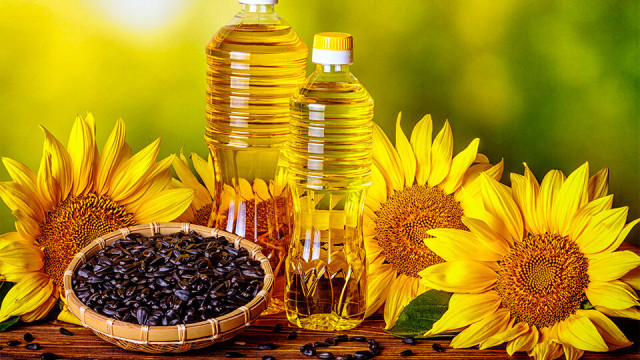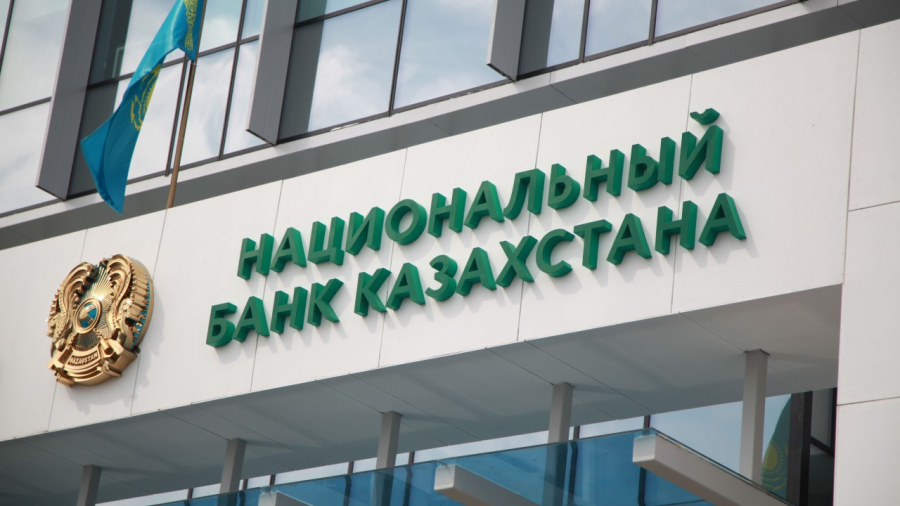
This year, the sowing area in
Kazakhstan will reach nearly 24 million hectares, with over 13 million hectares
of land to be allocated for wheat. The country’s Ministry of Agriculture will pay
special attention to socially significant and highly profitable crops as well. Thus,
oilseed crops will be sown on an area of at least three million hectares. Besides,
there are plans to allocate more land for the cultivation of sunflower and
sugar beet. According to the Kazakh government, the volumes of sown areas of
cereals, potatoes, vegetable and melon crops will fully meet the needs of the
domestic market. The areas for fodder crops will cover more than three million
hectares of land. Sowing operations have already begun in the Turkistan,
Zhambyl, and Kyzylorda regions. The government has taken necessary measures to
ensure a high-quality and timely sowing campaign in the country, Prime Minister
Olzhas Bektenov noted.
“Preferential lending under the
Kendala program will amount to 140 billion tenge. 100 billion tenge will also
be allocated from local budgets, allowing for the issuance of preferential
loans totaling an additional 425 billion tenge for spring field and harvesting
works. It is planned to allocate 340,000 tonnes of preferential diesel fuel. A
total of 40 billion tenge is provided for forward purchases and 95.4 billion
tenge in the form of subsidies,” said Bektenov.
Kazakh Minister of Energy
Almassadam Satkaliyev reported on the situation regarding providing farmers
with cheaper diesel fuel, noting that the country has approved a special
schedule for its supply totaling over 340,000 tonnes. The price of diesel fuel
has remained at last year’s level, as added by Satkaliyev.
“The price remained unchanged at
the level of 250 tenge per liter with value-added tax (VAT) in all 20 regions
as in 2023, which is cheaper by 45 tenge per liter or 15 percent lower than the
retail prices at gas stations. Shipments to agricultural commodity producers
are carried out on a priority basis and are under constant control,” Satkaliyev
said.









